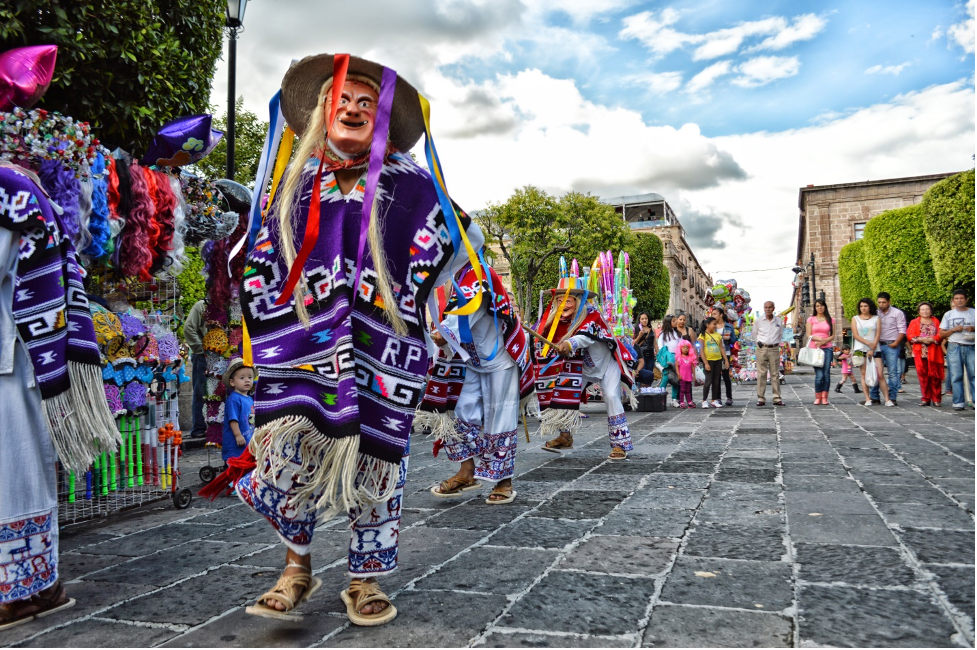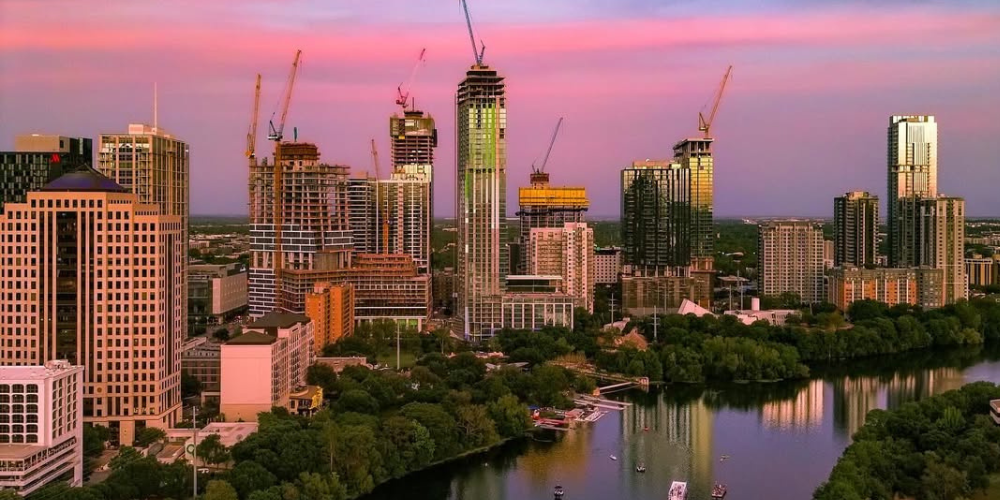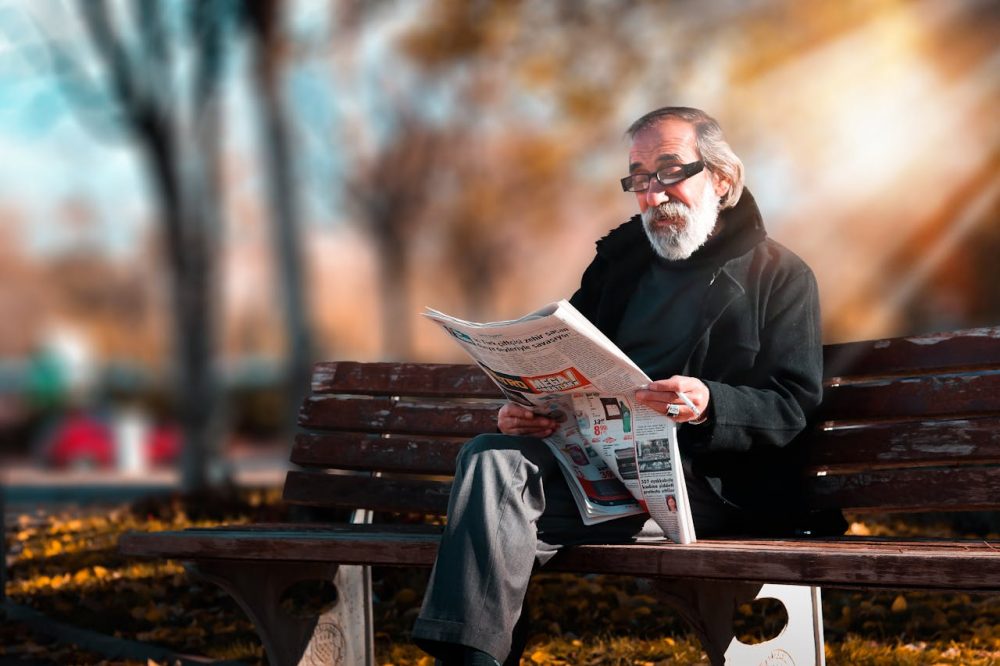The LGBTQ+ community's journey towards equality since the 1950s has been a compelling tale of resilience and progress, often resembling a dance of two steps forward and one step backward. But at the core of this remarkable journey lies a fundamental truth: Our ability to work within the democratic system has been the absolute key to advancing LGBTQ+ rights and achieving full equality in a functioning democracy.
This article will explore the fascinating narrative of LGBTQ+ progress within the democratic framework. We will also highlight both the challenges faced and the milestones achieved along the way.
The Hidden Struggles of LGBQI+ in the 1950s
The 1950s were a time of conformity and repression, and the LGBTQ+ community found itself pushed into the shadows. Brave individuals began forming secret networks and organizations in an era when coming out could result in devastating consequences.
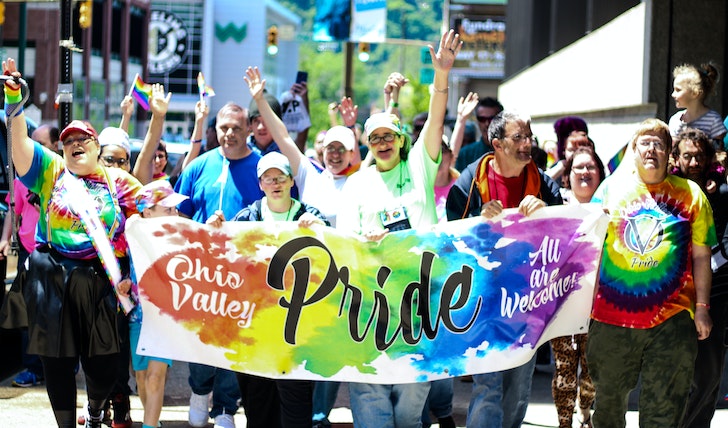
Rose Mary / Pexels / A completely functional democracy has been key for the LBTQI+ community over the years.
These pioneers understood that the path to change lay within the democratic system, and they started advocating for legal reforms, even in the face of formidable opposition.
The Spark of Stonewall
The LGBTQ+ movement took a monumental leap forward with the Stonewall Uprising of 1969. This uprising, triggered by police brutality and discrimination at the Stonewall Inn, marked a turning point in our fight for equal rights.
The LGBTQ+ community, rising up in defiance, showed that it would no longer accept discrimination and injustice. Stonewall became the catalyst for a new era in the quest for LGBTQ+ rights.
The Triumph of Marriage Equality
One of the most significant triumphs for LGBTQ+ rights came in 2015 when the Supreme Court legalized same-sex marriage nationwide. This historic decision was the culmination of decades of dedicated work within the democratic system. Activists, legal experts, and LGBTQ+ individuals have worked tirelessly to secure this fundamental right.
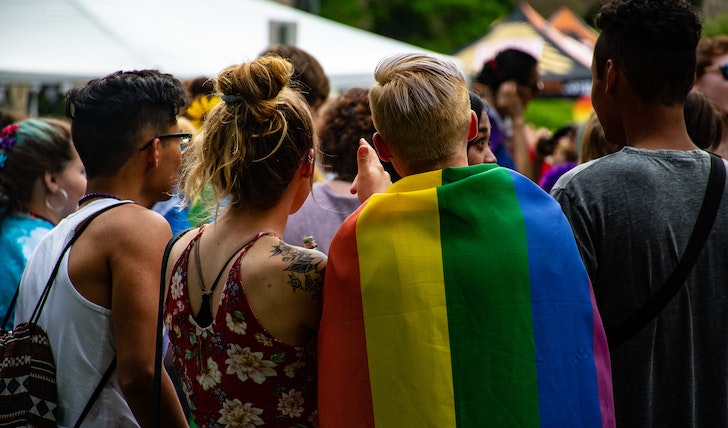
Brett / Pexels / Back in the 1950s, the LGBTQI+ community struggled with conformity and repression.
The ruling was met with jubilation and widespread celebration, underscoring the transformative power of the democratic process in achieving meaningful and lasting change.
Legislative Battles and Local Triumphs
As the 1970s dawned, LGBTQ+ activists began to focus on the legislative battleground. They recognized that meaningful change required changing the laws. Small but significant victories came at the local level, with the decriminalization of homosexuality in several major cities. These local successes laid the groundwork for larger-scale reforms.
His election to the city's Board of Supervisors demonstrated that LGBTQ+ individuals not only had a place in the democratic process but could also win. Tragically, Milk was assassinated, but his legacy continued as more LGBTQ+ candidates entered the political arena.
The AIDS Crisis: A Call to Action
The 1980s brought the devastating AIDS crisis, which disproportionately affected the LGBTQ+ community. In the face of government inaction, LGBTQ+ activists mobilized, forming organizations like ACT UP (AIDS Coalition to Unleash Power) to demand attention to the crisis.
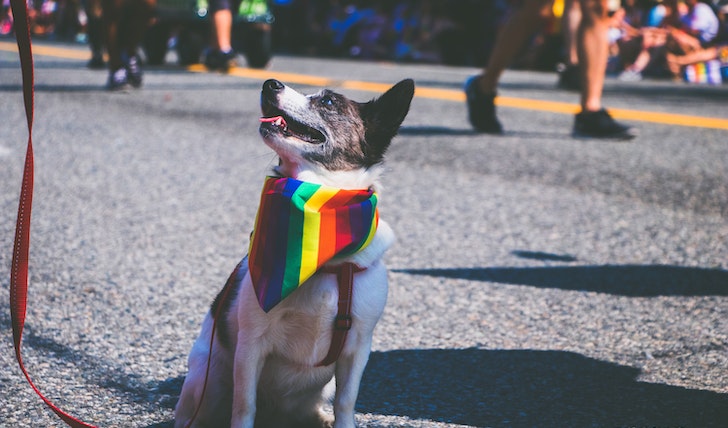
Ham / Pexels / Harvey Milk, an openly gay politician from San Francisco, became an inspirational figure in the late 1970s.
While the AIDS crisis was a profound tragedy, it also showcased the resilience and strength of the LGBTQ+ community. Thus, through advocacy, education, and relentless pressure, activists compelled the government to address the epidemic more seriously. This period reinforced a sense of unity and urgency within the LGBTQ+ movement.
The Road Ahead For LGBTQI+ Community
While substantial progress has been made, challenges persist for the LGBTQ+ community. Discrimination, violence, and disparities remain, particularly affecting transgender individuals and LGBTQ+ people of color.
Nevertheless, history demonstrates that the LGBTQ+ community can surmount obstacles through engagement with the democratic system.




